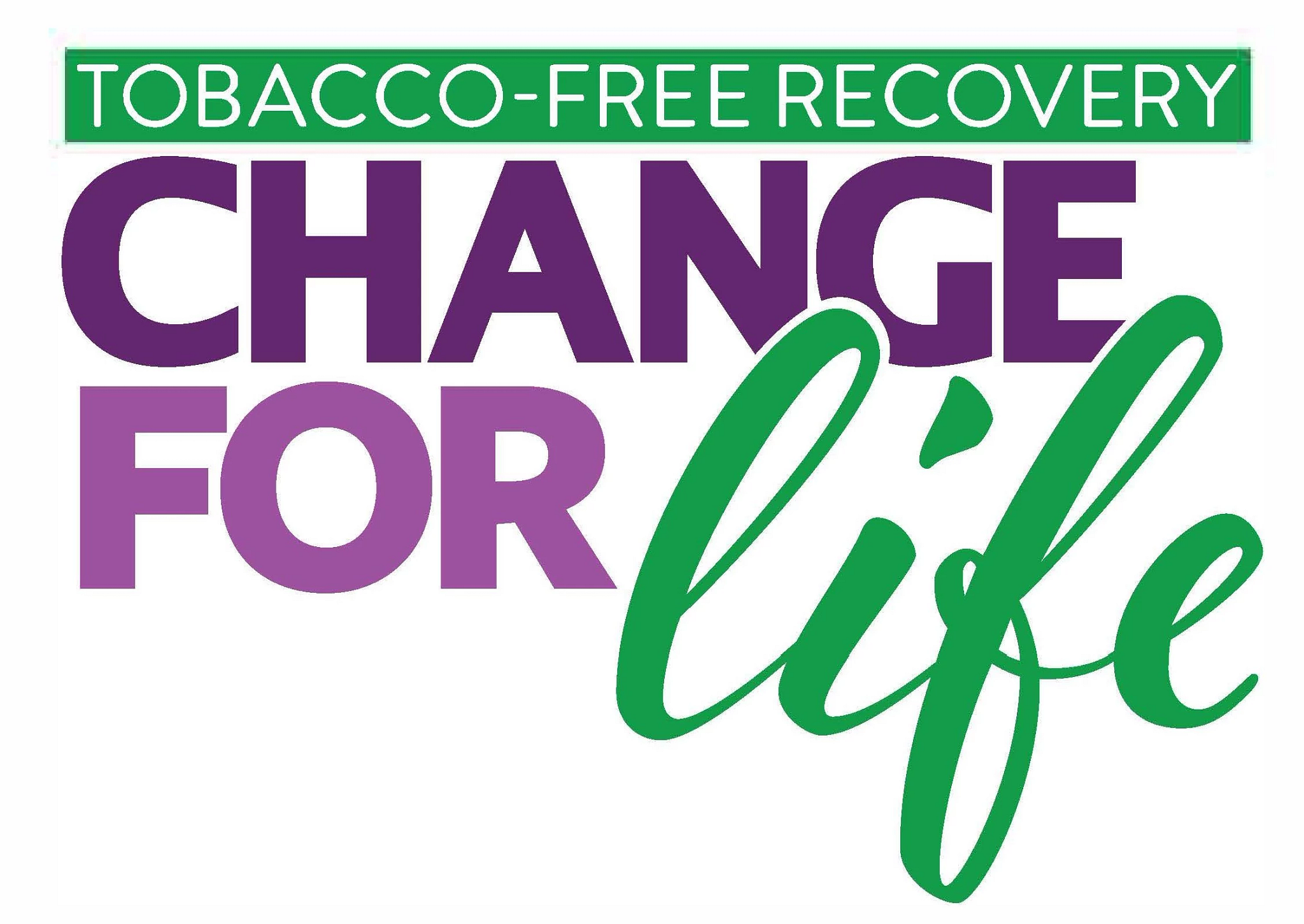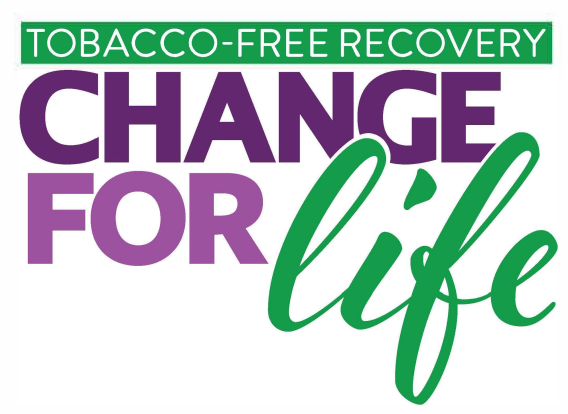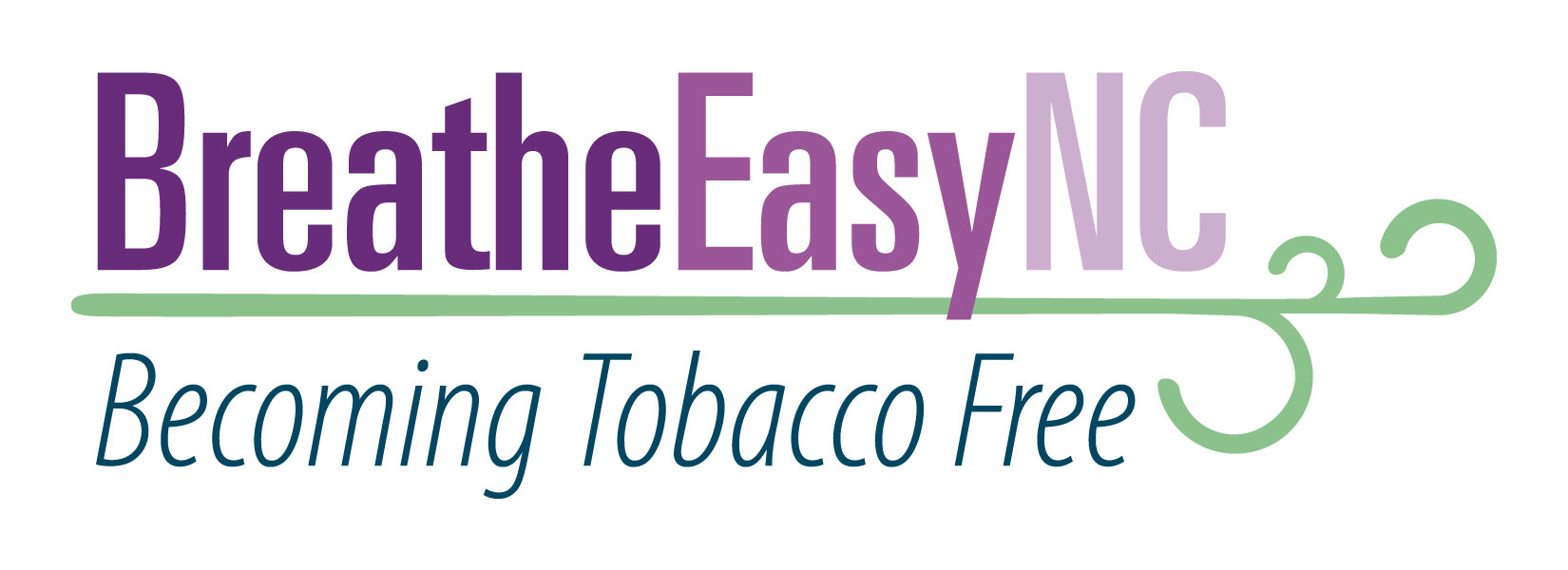
Change for Life: Tobacco Free Recovery
Historically individuals with mental health or substance use disorders have been targeted by the tobacco industry and have had limited access to tobacco treatment and other proven tobacco reduction strategies, resulting in deep-rooted tobacco disparities. The Change for Life initiative aims to change this narrative.
Research shows that integrating tobacco-use treatment into behavioral health programs can boost chances of long-term recovery and improve mental health while dramatically reducing health risks and chronic disease. Tobacco-free campuses are also healthier for employees and visitors.
Change for Life: Tobacco-Free Recovery empowers behavioral health organizations to:
- Adopt and implement tobacco-free campus policies.
- Integrate best practice tobacco treatment into ongoing services.
- Employ shared messaging that supports a positive tobacco-free culture of care for clients and staff.
Helping patients quit and remain abstinent from smoking can result in a 25% increased likelihood of sustained recovery from the use of alcohol and other drugs. -- Prochaska et al, 2004

Tobacco Free Recovery
Individuals with mental health or substance use disorders want to quit and can successfully quit using tobacco. It is often a matter of learning how to quit and where to access the resources and tools to help.
Did you know?
Quitting tobacco improves mental health by decreasing anxiety and depression. Quitting also supports recovery from all substances.
Quitting smoking may allow you to decrease the dosage of other medications (chemicals in smoke can drive psychiatric medications to leave the body faster).
Quitting tobacco use is one of the best things you can do to improve your health. Immediate and long-term benefits to quitting tobacco use are significant -- including adding years to your life!

Communication Resources
Materials and collateral are available at no cost to help promote your organization's tobacco-free status, with examples viewable below.
BreatheEasyNC - Becoming Tobacco Free
Most North Carolina Medicaid beneficiaries and service providers will be able to breathe easy soon, knowing that when they seek care or go to work, the air will be free from secondhand smoke. Beginning January 1, 2027, North Carolina Standard and Tailored Prepaid Health Plans serving Medicaid and uninsured patients will require contracted medical, behavioral health, and some intellectual/developmental disabilities (IDD)/traumatic brain injury (TBI) organizations to provide a 100% tobacco-free campus.
Check out the most recent Medicaid Bulletin released by NC Medicaid about this requirement.

Breathe Easy NC: Becoming Tobacco Free is the statewide initiative created to support this policy change. Service providers can visit BreatheEasyNC.org for the resources and information providers will need to take campuses tobacco-free and integrate tobacco use treatment into their services.
Best Practice Resources
Addressing tobacco use in behavioral health settings is possible and can be successful when organizations take a comprehensive approach. It is essential to build the foundational skills, support and communication necessary to change the culture, motivate new behavior, and provide hope. It involves the combination of integrating evidence-based tobacco treatment services with tobacco-free campus policies.
Many best practice resources are available to assist your organization in this journey. Free technical assistance is available from the Mecklenburg County Public Health tobacco control team. Customized trainings (in person or virtual) can be provided to your agency staff. Clinical staff trainings are approximately 3 hours in length and can be delivered on one day or split between two days.
Chart Your Own Course
Transitioning your agency to tobacco-free is a journey. See the Roadmap to a Tobacco Free Organization that can be customized to fit your organization.
National Behavioral Health Network
An excellent place to begin is with the National Behavioral Health Network for Tobacco & Cancer Control (NBHN), operated by the National Council for Mental WellBeing.
Download the infographic: How to Implement a Tobacco-Free Policy
See sample Tobacco-Free Campus Policy from McLeod Centers For Wellbeing.
Implementation Toolkits
- Tobacco Use and Quitting Among Individuals with Behavioral Health Conditions, Centers for Disease Control
- Tobacco-free Toolkit for Behavioral Health Agencies, California
- A Toolkit to Address Tobacco Use in Behavioral Health Settings, American Lung Association, Minnesota
- Tobacco-Free Toolkit, University of Colorado Anschutz School of Medicine
- Taking Texas Tobacco-Free
- Kansas Tobacco Guideline for Behavioral Health Care
Staff Training
- To request a customized in-person or virtual training in Mecklenburg County or Health Region 4 (Alexander, Cabarrus, Catawba, Cleveland, Gaston, Iredell, Lincoln, Mecklenburg, Rowan, Stanly and Union Counties) contact Kim Bayha.
- To learn about training opportunities in delivering best practice tobacco treatment, visit the Duke-UNC Tobacco Treatment Specialist Training web page.
- North Carolina's Tobacco Treatment Standard of Care
- QuitlineNC Health Professionals: Resources for learning about tobacco treatment
- Curricula and Online Training, UCSF Smoking Cessation Leadership Center
- Behavioral Health Council's upcoming webinars.
- Taking Texas Tobacco Free Training Program
Quit Coaching and Access to Medication
- N.C. MedAssist can provide qualifying patients with free Nicotine Replacement Therapy
Group Curriculum
- Freedom from Smoking, American Lung Association
- Breathe Easy, Live Well wellness group, including tobacco use treatment, for people with severe and persistent mental illness
- NJ Learning about Healthy Living designed to be led by peers, consumers helping other consumers

